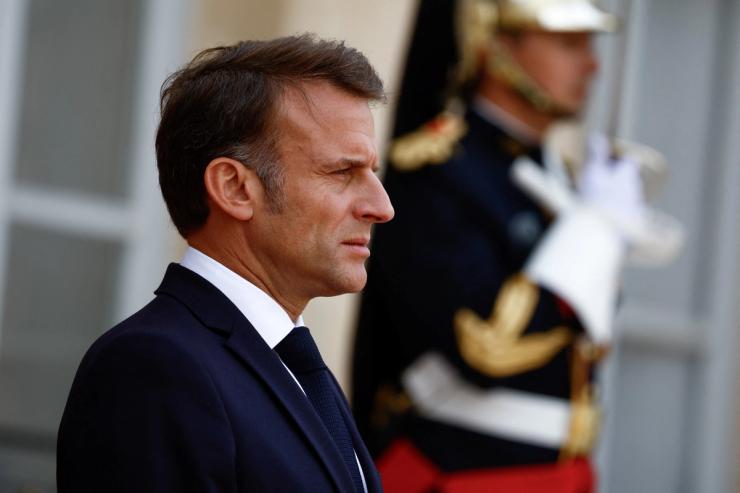The News
The European Parliament election came to a close on Sunday with the European People’s Party set to win the most seats but no majority, according to provisional results.
The vote, which took place across the 27-country bloc over several days, was widely seen as an opportunity for right-wing parties to rise in influence. Exit polls had indicated a decided shift to the right, which could shape European policy toward asylum, immigration, and the environment.
In France, President Emmanuel Macron’s party felt this acutely: Macron dissolved parliament and called a snap election after the far-right National Rally did far better than his Renaissance party in the bloc’s polls.
SIGNALS
Europe is turning right
France is not the only place feeling the tide turn. Exit polls in the Netherlands showed a rise in Dutch nationalist Geert Wilders’ anti-immigration party, marking a swing toward euroscepticism, Euronews reported. Meanwhile, German Chancellor Olaf Scholz’s coalition also suffered a blow as they polled behind the conservatives and far-right AfD. But overall, the bloc is not moving so radically right as to realign its centers of power, polling analysts at Europe Elects noted. Current European Commission President Ursula von der Leyen is expected to retain her position for a second term, but she “may need support from some right-wing nationalists, such as Italian Prime Minister Giorgia Meloni’s Brothers of Italy to secure a parliamentary majority, giving Meloni and allies more leverage,” Reuters wrote.
Voter turnout higher than previous elections
Voter turnout, according to the exit polls, was higher than in 2019, with a five percent rise in the Netherlands and three percent rise in Germany. There is greater interest in European elections in Germany, according to an election official, as more voters had cast their ballots by the afternoon than expected, Handelsblatt reported. The higher turnout is perhaps because there is more at stake, a professor of political science told The Guardian, and a reflection that Europeans are “more aware of the kind of things that are going on at the EU level.” One notable exception: While France voted on Sunday, French overseas departments closed their polls earlier, recording a major drop in turnout. Participation in New Caledonia barely surpassed 10%, as locals said they’re “not in the mood” after recent pro-independence unrest.
‘A lack of attractive alternatives’
The rise of Austria’s far-right Freedom Party, which gained 27% of the votes, may be credited to the reemergence of immigration as a political issue and Europe’s twin crises of energy and inflation since the Russia-Ukraine war began, an editor of “The Vienna Briefing” newsletter wrote. The far-right’s momentum also benefited from “a lack of attractive alternatives,” Politico reported in the more traditional political parties. But the old guard left and right in Europe have lost power as they weaved to the center “like two punch-drunk boxers,” “leaving the arena open for new challengers,” Politico wrote.



